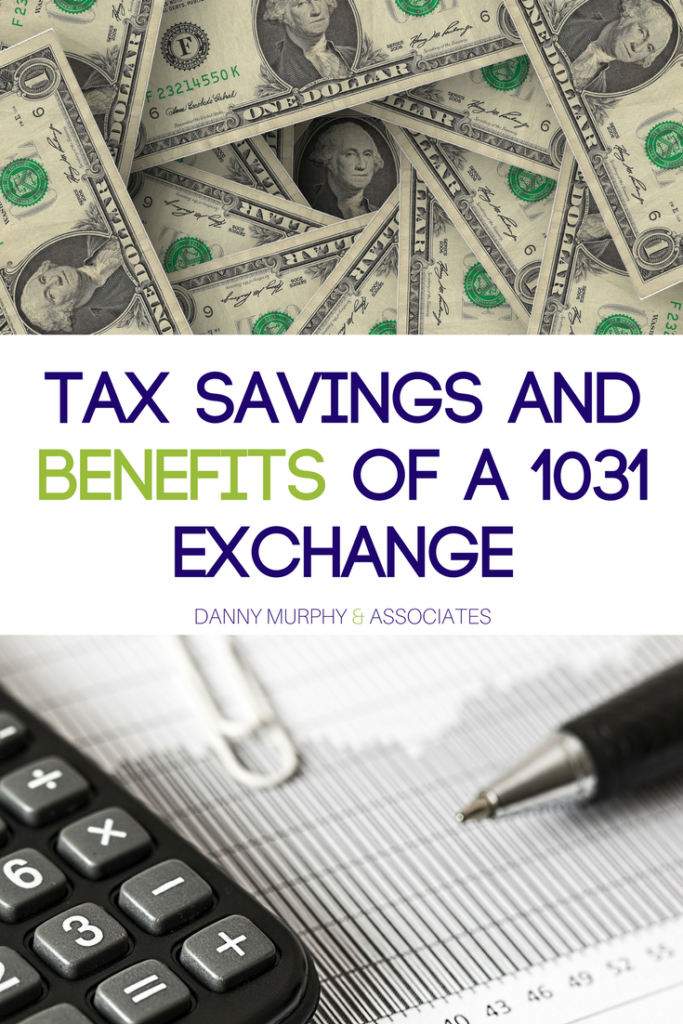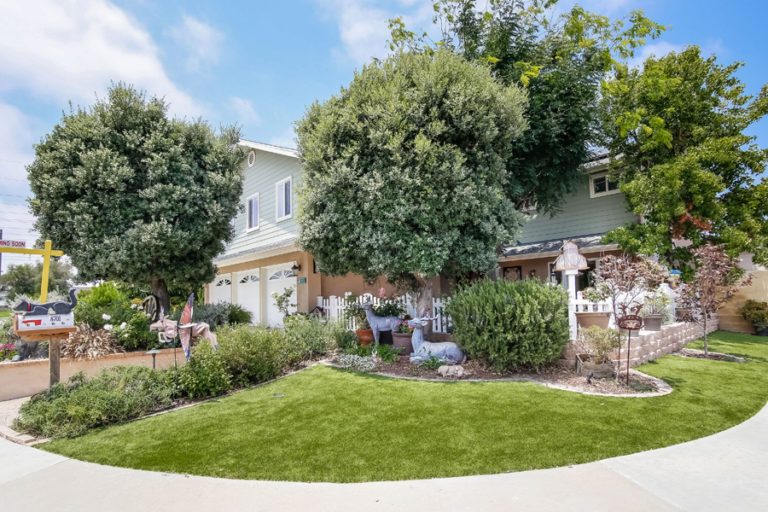Tax Savings And Benefits Of A 1031 Exchange
As we are wrapping up tax season I thought it would be appropriate to share some tips and tricks for putting your real estate to work for you for some tax savings and benefits with a 1031 Exchange.

There are few situations where this can be beneficial. To determine if these tax savings and benefits apply to you, answer any of these following questions:
- Do you own condos, single family homes, or multi-units? Do you own raw land or commercial property?
- Have you ever wanted to sell an existing investment asset and buy something different?
- Would you like to consolidate several investment properties into a more manageable asset?
- Are you thinking of exchanging older properties for newer ones which require less maintenance?
If you answered yes to any of these questions you might quality for a 1031 Exchange which can have tax savings and benefits for your portfolio!
Tax Savings And Benefits Of A 1031 Exchange
There’s currently no limit to the number of times you can take advantage of a 1031 exchange which allows you to swap one business or asset for another!
You can use a 1031 Exchange to avoid cashing out and paying taxes on an investment.
Some things to remember:
- 1031 Exchanges are for investment and business properties only.
- Personal property is not included in this category.
- This means you can’t swap your primary residence for another one without paying taxes.
- Each exchange must be similar but the rule is quite flexible. This means you can swap your investment properties for raw land, a strip mall, or even condos!
Delayed 1031 Exchanges | Third Party Exchanges
Many 1031 Exchanges are delayed exchanges where in you sell one piece of property to a 3rd party and then purchase a new property from another 3rd party. In that case there are some guidelines.
- You must identify a 3rd party to help facilitate the exchange, usually deemed the middle man or the “qualified intermediary”.
- Two time frames you must abide by are very strict: identifying properties you are considering and finalizing the sale of those properties.
- You must identify 3 properties of equal or greater value to the asset being sold within 45 days of closing escrow on the previous investment property.
- Next you must finalize the sale on one or more of the three properties you listed previously within 180 days after the closing date on the previous investment property.
If you have cash left over after the exchange is said and done, this is called “boot”, that amount is subject to taxes. Plan accordingly!
There are a lot of other rules and regulations that govern this topic which are not covered in this post or in the video below. I am not an accountant or an attorney so you should consult both before making any decisions.
If you are in need of assistance with buying, selling, or finding appropriate properties I’m available at 949-413-6967 anytime!





